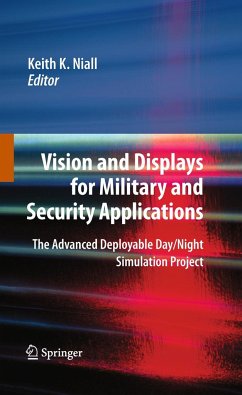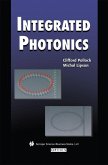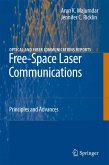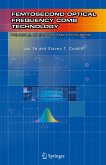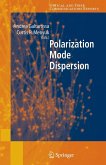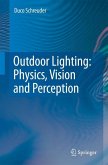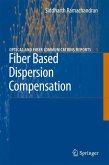Realistic and immersive simulations of land, sea, and sky are requisite to the military use of visual simulation for mission planning. Until recently, the simulation of natural environments has been limited first of all by the pixel resolution of visual displays. Visual simulation of those natural environments has also been limited by the scarcity of detailed and accurate physical descriptions of them. Our aim has been to change all that. To this end, many of us have labored in adjacent fields of psych- ogy, engineering, human factors, and computer science. Our efforts in these areas were occasioned by a single question: how distantly can fast-jet pilots discern the aspect angle of an opposing aircraft, in visual simulation? This question needs some ela- ration: it concerns fast jets, because those simulations involve the representation of high speeds over wide swaths of landscape. It concerns pilots, since they begin their careers with above-average acuity of vision, as a population.And it concerns aspect angle, which is as much as to say that the three-dimensional orientation of an opposing aircraft relative to one's own, as revealed by motion and solid form. v vi Preface The single question is by no means simple. It demands a criterion for eye-limiting resolution in simulation. That notion is a central one to our study, though much abused in general discussion. The question at hand, as it was posed in the 1990s, has been accompanied by others.
Bitte wählen Sie Ihr Anliegen aus.
Rechnungen
Retourenschein anfordern
Bestellstatus
Storno

